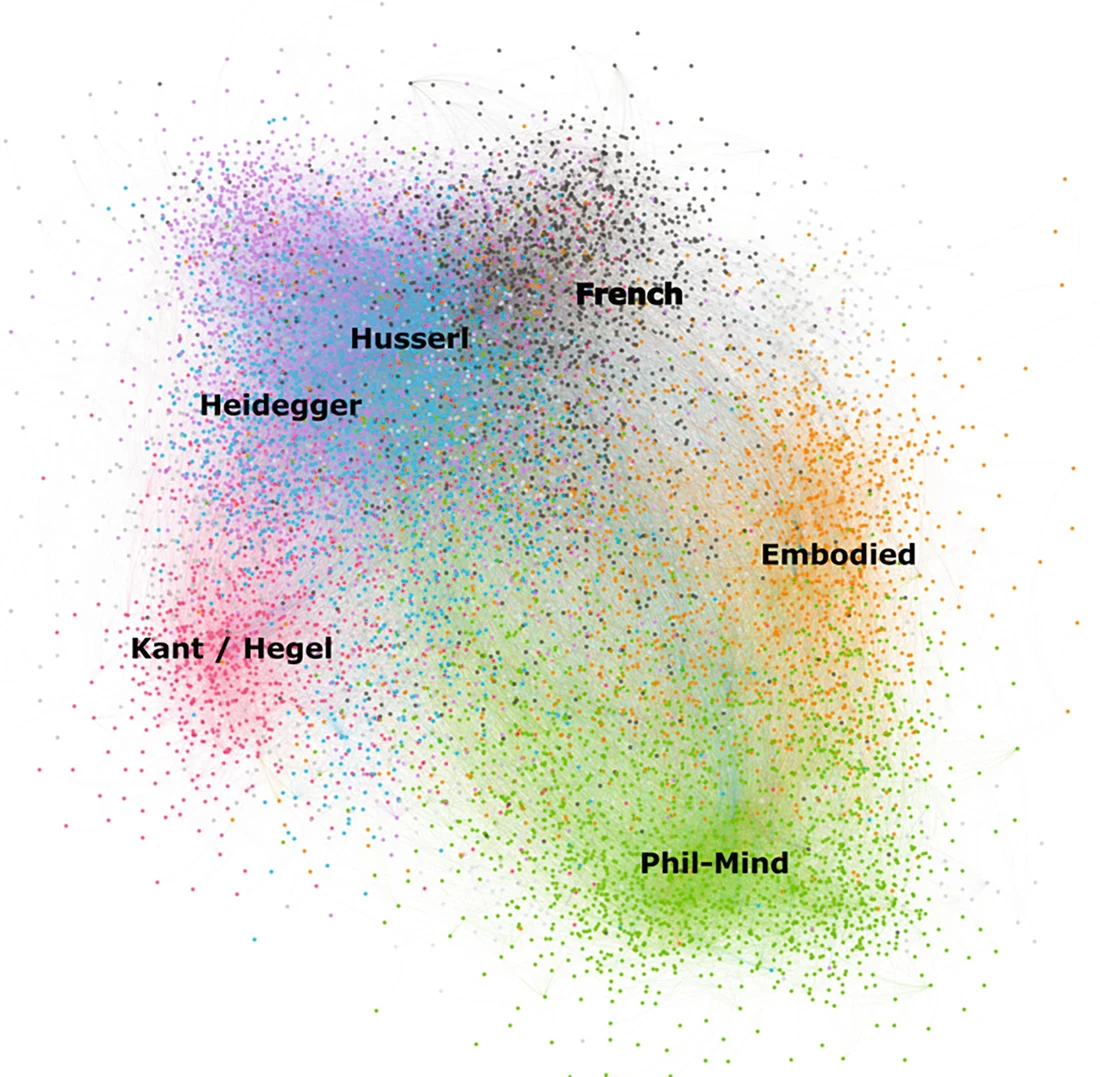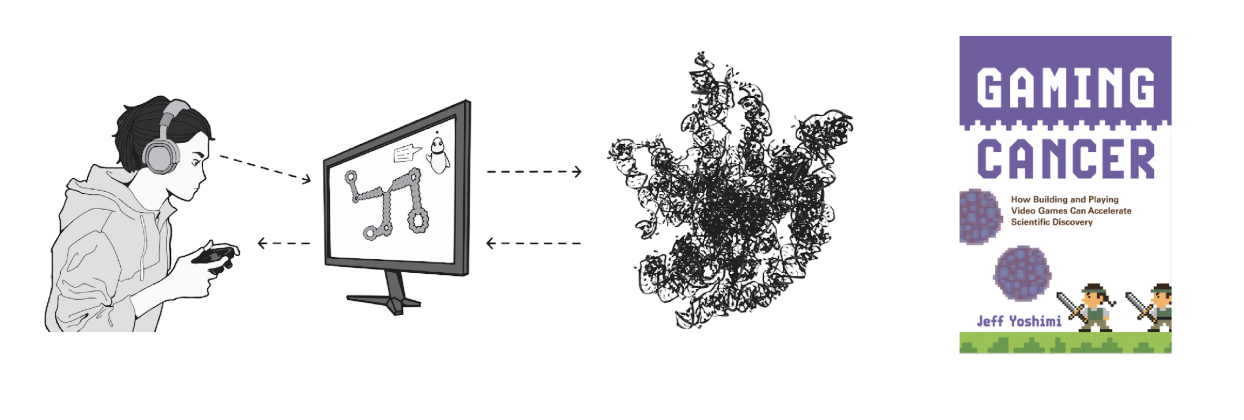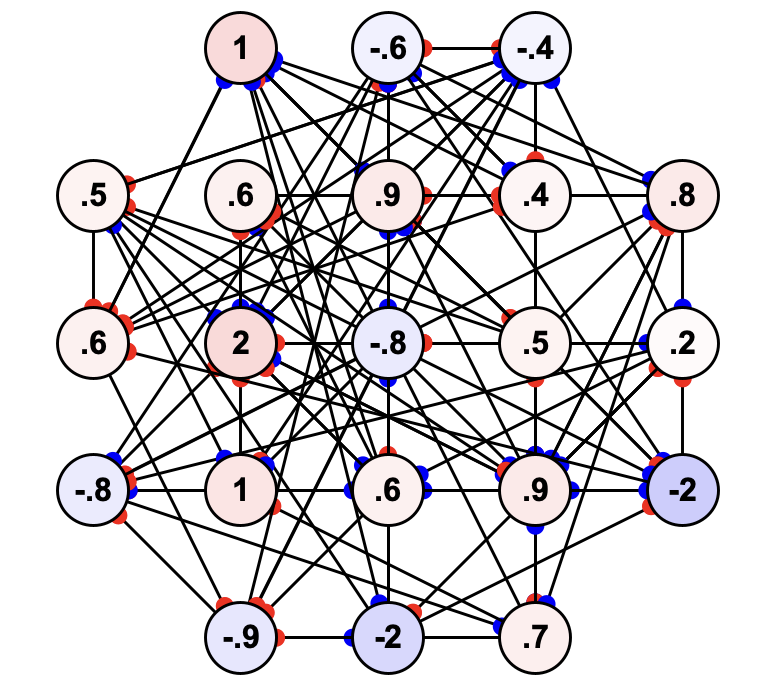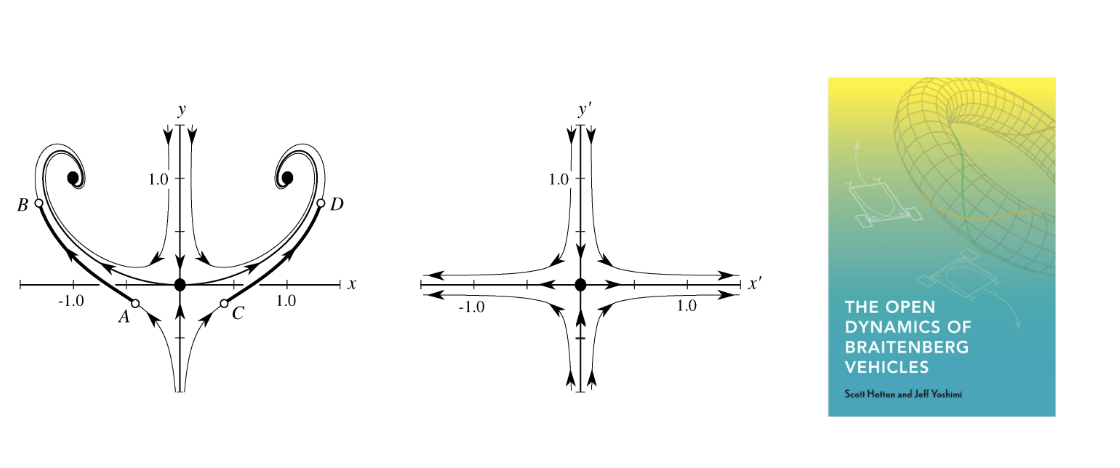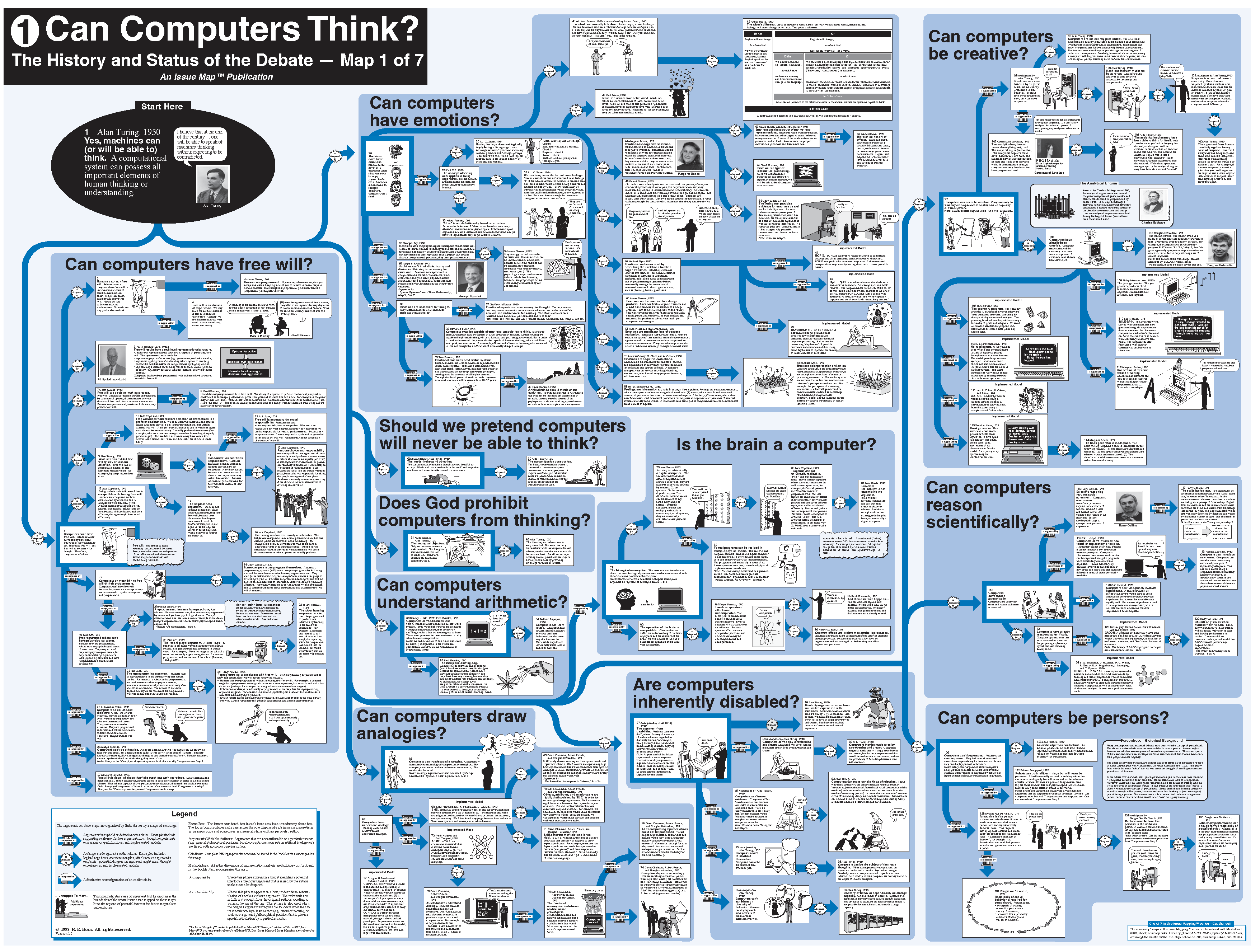Neurophenomenology and Consciousness
I study the relationship between the structure and dynamics of the field of consciousness and the structure and dynamics of neural activity using phenomenology (the study of conscious experience and its structure), mathematical and computational models, visualizations, neuroscience (in particular EEG, especially in recent collaborations), and supervenience. This paper gives a sense of the broad project, but I have much more in the works.

Husserl
Edmund Husserl developed a systematic philosophy of consciousness--"phenomenology"--at the turn of the 20th century. I have written or edited several books on Husserl, including the open access book, Horizons of Phenomenology, which features an article containing a bibliometric visualization of the entire phenomenology literature. My earlier book, Husserlian Phenomenology: A Unifying Interpretation, formalizes certain key features of Husserl's work. I also created and maintain a site, Husserl.net, which features a variety of interactive tools for Husserl scholars.
Visualizing Complex Processes
From mapping arguments to visualizing neural networks to making cartoons and graphics to teach phenomenology, I have always been oriented towards graphical display of complex information. In my recent book Gaming Cancer I have begun to explore how gamelike visualization can facilitate scientific discovery and promote other social goods like scientific literacy.
Simbrain
To study the behavior of neural networks (simulated brain circuits) in virtual environments, I created a computer program called Simbrain, which is open-source, visually-oriented, and free. I also routinely update an open-access and collaboratively written book about neural networks that is based on teaching with Simbrain, Neural Networks in Cognitive Science.
Dynamical Systems Theory
Dynamical systems theory is the mathematical study of how systems change in time, not just in terms of how they actually behave but also in terms of how they might possibly behave. I have a long-time collaboration with Scott Hotton in this area. Our primary contribution has been to formally define the concept of an open dynamical system and to use this concept to study a range of natural and artificial systems. We recently published a book-length study of Braitenberg vehicles using this framework, the Open Dynamics of Braitenberg Vehicles. I have used this perspective to argue that representational and embodied approaches to cognitive science are compatible with each other, insofar as an open dynamical system can model the rich interactions between an agent and its environment (including other agents), but also shed light on an agent's internal representational dynamics.
Debate Maps
In the 1990s I helped create a set of "debate maps" about Artificial Intelligence with Bob Horn. For some background on debate maps and the AI debate map project see this paper. Online versions of the maps are available at Bob's website (Map 1, Map 2, Map 3, Map 4, Map 5, Map 6, Map 7) and an interactive version is available at debategraph.org. Since then research has continued in the areas of debate maps and "argument maps" (which are closely related). I continue to believe these types of visualization could play an important role in navigating complex social and philosophical issues.
